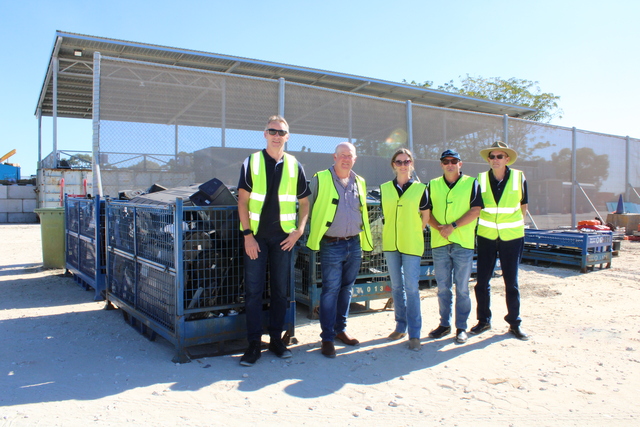Temperatures plummeted to minus 18 degrees Celsius in Scotland and many places in England had prolonged sub zero temperatures with six to ten inches of snow in January 2010.
What a welcome to the New Year. Many people couldn’t get to work, some couldn’t get home, many road accidents occurred and many people slipped on the ice and broke bones or sprained ankles and so forth.
It is often in times of crisis that council staff show their true resilience and worth.
Too frequently council staff are wrongly criticised and are not valued by the communities that they serve. This is often because it is only when things go wrong (or they can’t get what they want) that people take an interest in council services.
Too frequently council services and council staff that have a fundamental impact on the quality of life of individuals and communities are taken for granted.
In this recent event of extreme weather, it was clear around the country that council staff made Herculean efforts to get to work and to help others. They went more than the ‘extra mile’ and made a
real difference. Without them, many more people would have died or suffered extreme hardship.
What the public often doesn’t realise is that when the going gets tough, council staff really get going.
The challenge for councils is to make their communities understand this reality, not only in times of crisis but also in their day to day lives.
Surveys of public satisfaction with councils often illustrate that satisfaction with individual council services is high, but that overall satisfaction with the council is low.
Interestingly, it also appears to be the case that the level of Council Tax (the local tax levied by councils) has an impact on this overall public satisfaction.
Research by Ipsos MORI highlights that councils with the lowest levels of Council Tax appear to be rated most highly by the public.
While this comes with health warnings, intuitively it seems right.
Their research also indicates that 75 per cent of the public believe that making public services more efficient will save enough money to help the government cut expenditure without cutting the services they receive.
Councils have led the way in making efficiency gains in the public sector and it is getting more and more difficult to maintain this progress.
The public appears to be expecting at least the same level of services and they expect future funding cuts to be absorbed through efficiency gains.
Increasingly, it is looking as though the funding cuts will outweigh councils’ ability to improve efficiency and that service portfolios will have to be reduced.
This is likely to have a negative impact on public satisfaction, with councils caught between the proverbial rock and a hard place.
Perhaps the only way they will be able to address this, without it having a major negative impact on public satisfaction, will be by improving communication and public involvement in the difficult choices in prospect.
Could the silver lining to this problem be an improvement in the engagement between councils and communities?
*Malcolm Morley is Chief Executive of Harlow District Council and can be contacted via the Editor, email info@lgfocus.com.au The views expressed in
this article are not necessarily those of
his employer.







